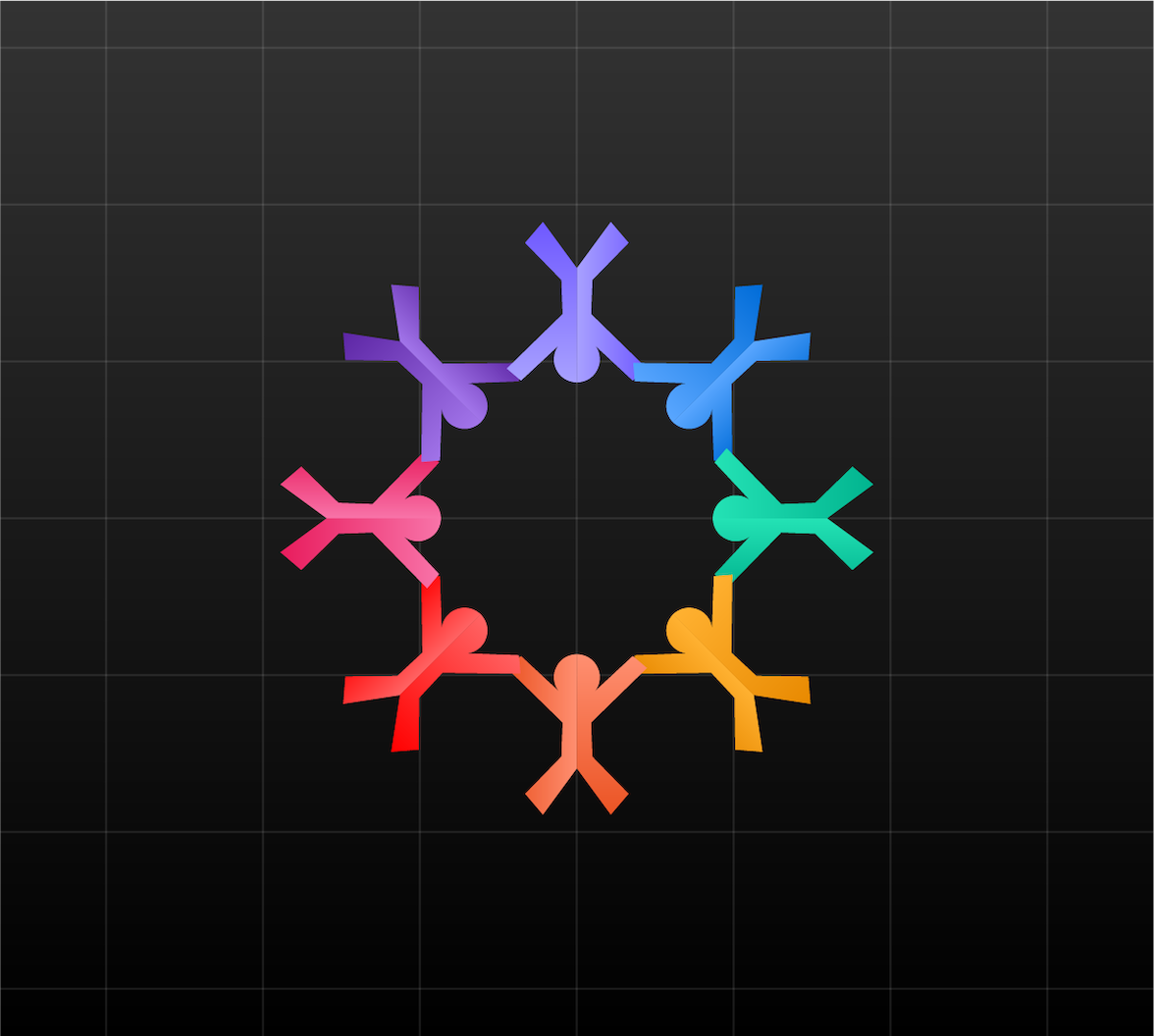Words matter. The words and phrases we use reflect our values and attitudes towards those around us. As language is constantly evolving, words and phrases that were commonplace in the past may strike us as deeply offensive today. It’s important that we reflect on the terms we use and consider how they may be harming others or how and how they might be perceived in the future.
After injustices in our society were so glaringly emphasized in the summer of 2020, several tech companies, including Github, Google, Twitter, and Intercom, began removing terms with racist roots, like “master,” “slave,” “whitelist,” and “blacklist.”
At Auth0, we wanted to go further and re-examine our use of other, more nuanced terms, such as gendered and patriarchal, as well as ableist, ageist, and violent language.
We began this investigation in 2019, and over the past several months, teams across Auth0 have been working to remove problematic terminology from our codebase, documentation, and internal and external communications.
We Give a Shit
Critics of these efforts are quick to claim that this shift is just one more example of virtue signaling or political correctness run amok. But while we understand these small changes are not going to solve systemic racism, that doesn’t mean the effort is wasted. Everyone deserves a seat at the table in the technology world, and inclusive language is one small step towards making that a reality.
Putting a Plan in Place
Our first step was to identify the terms we wanted to replace—there were obvious ones, like “whitelist,” “blacklist,” “master,” “slave,” “white hat,” and “black hat.” But we also wanted to address ableist terms, like “dummy value,” “crazy,” and “sanity check,” as well as gendered terms, like “man-in-the-middle attack” and “man hours.”
We began by creating an #inclusive-language Slack channel to discuss and debate different words and suggested alternatives. Based on those conversations combined with an analysis of other companies’ changes, we arrived at an initial list of terms and replacements. We replaced master and slave with main and secondary, whitelist and blacklist became allowlist and denylist, and white hat and black hat hackers are now ethical and malicious hackers. Grandfathered became a legacy, and brown-bag lunches are now called lunch and learns. We replaced man hours with person-hours and man-in-the-middle attacks with bucket brigade attacks. Sanity check and dummy value were replaced by the less ableist terms confidence check and placeholder value.
One Team, One Score
Next, we put together an inventory of all places where those terms were being used in our product, marketing, and other communications. After that, we identified and contacted the primary stakeholder for each area, such as the head of documentation, marketing team, individual product managers, and engineering leads.
Despite having their own roadmaps and quarterly commitments to worry about, everyone was incredibly receptive and eager to tackle this project. We provided the inventory and the timeline, but it was up to each individual team to make the changes. Most teams were able to fit the work into upcoming sprints, and we tracked all of the tickets on a centralized page to keep everybody accountable.
Keeping the Momentum Going
While the initial push to remove specific terms from our product and communications was a good start, we also wanted to empower individuals to keep moving forward. To do so, we put together a set of principles and guidelines:
Impact matters more than intent
If a term perpetuates harm, it should be replaced regardless of the intent behind it.
While it is useful to consider the etymology of a term to determine whether it has biased roots, it’s important to remember that language is constantly evolving, and dictionary definitions are not how people use language in real life. Just because a term’s roots aren’t explicitly racist doesn’t mean the term itself doesn’t cause harm.
Use direct language
Writing should be clear and concise.
Avoiding idioms and metaphors removes value judgments, eliminates obfuscation, reduces the chance of accidentally using a term with problematic roots, makes localization easier, and improves readability.
Be the change you wish to see
We have the opportunity and responsibility to lead change in our industry.
We believe that inclusive language can show how we are inclusive for all users. We encourage other companies to follow our lead.
Auth0’s principles, guidelines, replacement terms, and additional resources are available to all employees. The
#inclusive-languageN + 1 > N
At Auth0, we believe that consistent, iterative improvement leads to incredible results. We recognize that addressing our use of biased language is an ongoing process rather than a one-and-done effort. With our guidelines and principles in place, all employees are empowered to address biased language as they find it. We all have an obligation to be intentional with our language and consider how all words we use have the potential to reflect our values and beliefs.
About Auth0
Auth0 by Okta takes a modern approach to customer identity and enables organizations to provide secure access to any application, for any user. Auth0 is a highly customizable platform that is as simple as development teams want, and as flexible as they need. Safeguarding billions of login transactions each month, Auth0 delivers convenience, privacy, and security so customers can focus on innovation. For more information, visit https://auth0.com.
About the author

Stacy Taylor
Product Designer (Auth0 Alumni)
